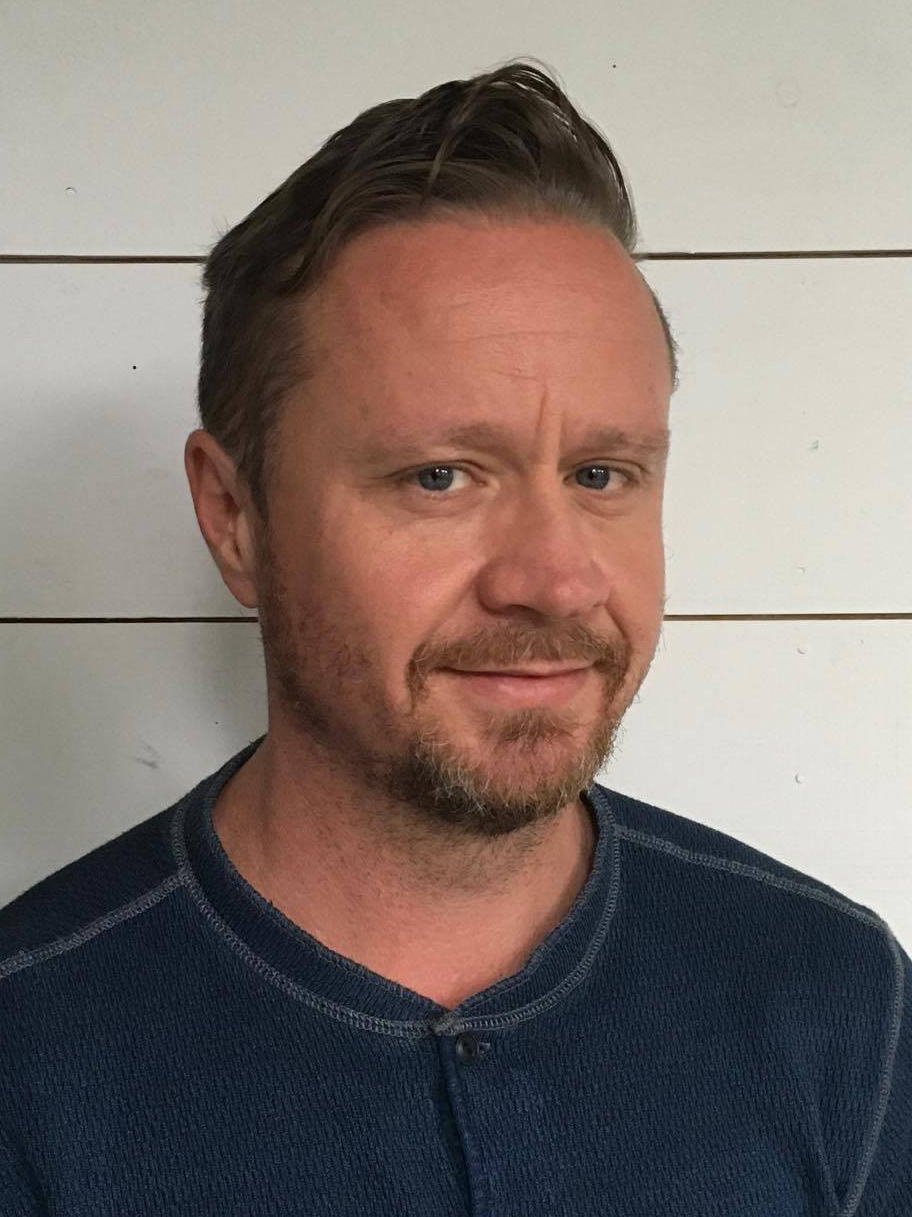October 29, 2020
A Borough of Manhattan Community College (BMCC/CUNY) alumnus who didn’t finish high school but is currently working on a doctorate degree in Biochemistry at the CUNY Graduate Center, recently published his research findings on Coronavirus targets in the peer-reviewed Journal of Computer-Aided Molecular Design. The findings could assist with the development of drugs to combat the virus.
Brian Olson (2005, Science), a professor in the Department of Biology and Chemistry at County College of Morris, lead author on the paper, worked with Dr. Tom Kurtzman of Lehman College, CUNY to assemble a team of researchers this past spring.
“In early March 2020, I noticed that COVID cases were appearing on multiple continents and we were failing to find the sources of the outbreaks,” said Olson. “These signs indicate

uncontrolled spread and signal the arrival of a pandemic.”
In the paper, An Online Repository of Solvation Thermodynamic and Structural Maps of SARS-CoV-2 Targets, Olson and his research team provide maps of water molecules— also known as solvation maps—of the virus’s proteins.
“Our research creates 3-D maps of water molecules inside protein binding sites to identify important spots where drugs might bind to block the actions of proteins,” said Olson. “This information can be used to design drugs to stop SARS-CoV-2 or reduce the damage caused by COVID-19.”
Olson credits BMCC for steering him onto his current academic research path where he now spends time researching molecules and also gets to talk to his students about all the fascinating areas of life in which they play critical roles.
Olson earned his associate degree in Science from BMCC and his bachelor’s degree in Biochemistry from Hunter College. He went on to earn a master’s degree in Biochemistry from and is currently working on his doctorate in Biochemistry from CUNY Graduate Center.
But in January 2001, when Olson first arrived in New York City from just outside a small desert town in Arizona, he was seeking adventure in a more diverse setting and had not even graduated high school. Olson had dropped out because he didn’t think college would be for him.
“One could say I’m rebellious,” said Olson, who added that another component of New York City’s appeal was the ability to meet people from all around the world.
When he started thinking more seriously about college, he assumed most four-year schools would not accept a high school dropout who had gone on to earn a high school equivalency diploma (HSE, then called a GED). His parents hadn’t attended college and he wasn’t really sure how the process would work or who to ask for advice.
After renting a room in the West Village, he investigated community colleges and landed on BMCC after looking at the course offerings and recognizing it was home to a student body that came from around the world—a welcome contrast to small town life he’d grown up with in rural Arizona. BMCC was also within walking distance of his apartment.
“When I first arrived at BMCC, I had an idea about what I wanted to study, which was to understand the small particles of which living things are made,” said Olson. “During my first semester, I took Biology and there were images of protein structures throughout the textbook.”
Olson said that because he was distracted by the complexity of the protein structures, he neglected to study material specific to the exam.
“I felt very discouraged because I struggled in those courses and felt that I didn’t really understand what I had learned,” said Olson. “I shared this with Science Professor Brahmadeo Dewprashad who insisted that I enroll in his organic chemistry course, and participate in classroom activities such as going to the board and trying to solve problems whether I understood them or not,” said Olson.
By the time Olson completed Dewprashad’s course, chemistry began to make sense.
In addition, Professor Shanti Rywkin helped him tackle General Chemistry courses by working closely with him during office hours and later hired him as a tutor at BMCC’s Science Learning Center.
In 2011, she said, “Brian was always asking questions and wanting to know ‘why’ and ‘how.’ His willingness to do whatever it took to find the answers was what set him apart as a researcher.”
Olson says community colleges such as BMCC provide opportunities for students who, like him, have no family history of higher education and propels them to the next level of their academic journeys.
“BMCC is very teaching oriented, so there’s an extra effort to help students over the finish line,” said Olson. “Society benefits from the work community colleges carry out, because the promising students who work hard and advance up the educational ladder, often make great contributions to the world. BMCC is an institution of hope.”
- Science major Brian Olson earned a GED, then started college career at BMCC
- Olson, now a chemistry professor at County College of Morris
- Olson’s research findings recently published in peer-reviewed journal

